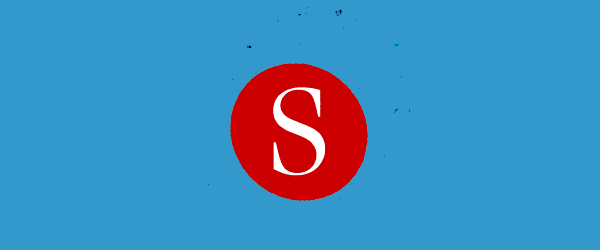Trump’s trade war is driving Russia further into China’s arms
Trade between Russia and China is no longer booming as it was immediately after Moscow’s full-scale invasion of Ukraine three years ago. In 2024, annual trade between the two was up 1.9 per cent from the previous year to $240 billion (£182 billion). But in the first four months of 2025, it fell 7.5 per cent from the past year to just $71.1 billion (£54 billion), according to Chinese customs data. Chinese exports to Russia are down 5.3 per cent ($30.8 billion or £23 billion), while Russian deliveries to China are down 9.1 per cent ($40.3 billion or £30.5 billion) between January and April. The drop in Russian exports can


























